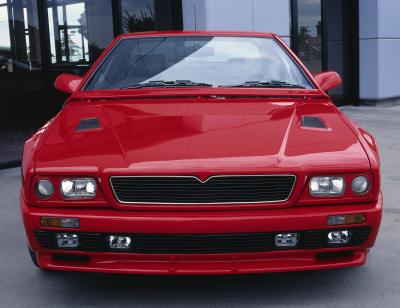
Several factors affect the distance that a car can travel: the engine's power, the size of the fuel tank, the aerodynamics of the vehicle and its weight. All other things being equal, the lighter a car is, the farther it will travel.
The force it takes for a car to reach a certain speed is governed by the equation F=MA, where force equals mass times acceleration. You can then look at acceleration as A=F/M.
Without changing anything about the engine, you can improve the acceleration by limiting the amount of mass. A car that weighs 2,000 lb. can be accelerated twice as quickly as a 4,000-lb. car with the same engine.
If a car can accelerate to a certain speed using less force, it requires less gas. This means that for the same tank of gas, a lighter car with travel farther.
The Environmental Protection Agency estimates that for every 100 pounds of cargo taken out of a car, the fuel economy would increase by about 2 percent.
If a car got 30 miles per gallon and had a 10-gallon tank, you can calculate how removing 100 pounds would affect distance. Multiply the new fuel economy, 30.6, by 10 to get 306 miles, compared to 300 miles before the reduction.